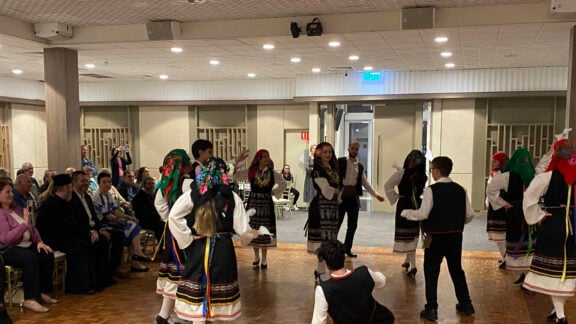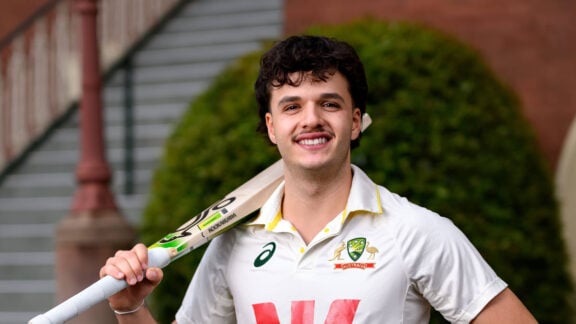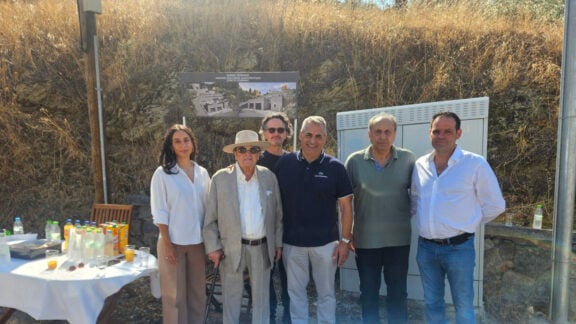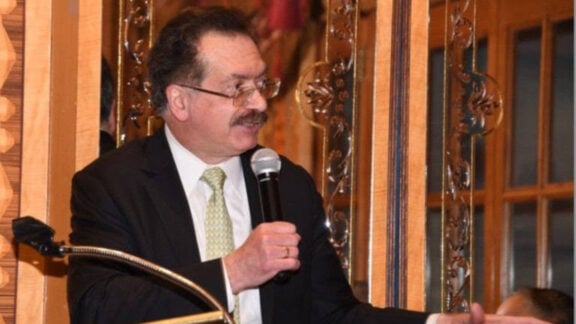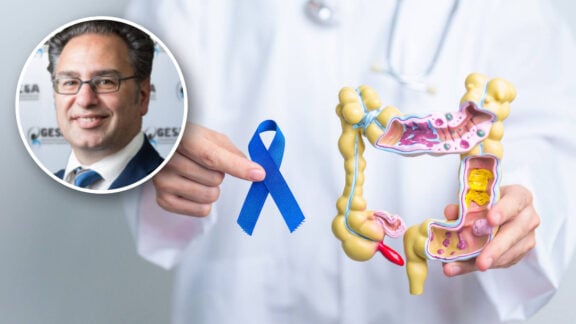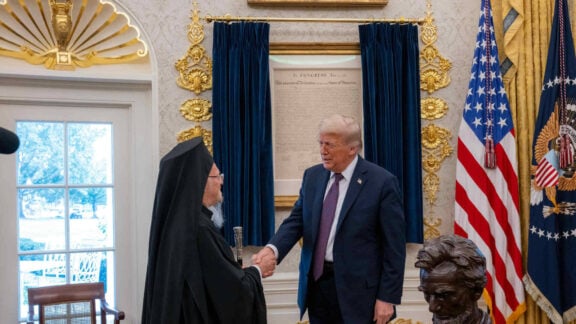“Are you all right? The news here says that Greek terrorists attacked Melbourne and that they are rounding up all the Greek population!”
My friend’s mother was frantic, calling from Greece after news of the horrible events at Bourke St Mall broke in the local media. Some of us were, in a way, luckier; our friends and relatives started calling before the name ‘Gargasoulas’ started circulating in reports, when it was still assumed that the car attack on bystanders that left five dead and 30 injured was an act of terrorism perpetrated by Muslim extremists.
It was a pretty safe assumption, and one telling of the way we’re wired to give meaning to the world around us. One can even feel for Pauline Hanson, who rushed off to make a statement: “I’ve just been told there’s a terrorist attack that’s just happened in Melbourne,” she said, before going to autopilot, spewing her anti-immigrant rhetoric, with broken-record efficiency. “If people don’t look right, that they’re not going to assimilate into our society, have different ideology, different beliefs, don’t like our laws, our culture, our way of life, don’t let them in”.
In fact, the only person who let the alleged perpetrator into Australia was the doctor who delivered him. Because Jimmy Gargasoulas is not a foreigner, he’s an Australian citizen. He was born here. He’s one of us. And by ‘us’, I also mean that the is a member of the broader community of Greek Australians. Which seems to further complicate things, in terms of how his alleged actions affected us.
![]()
The minute the ABC reported that the alleged driver of the car that mowed the people on Bourke Street was Greek, social media was overwhelmed by the backlash of offended Greek Australians: “Why is the ABC reporting that he is Greek? What’s the relevance?”
Neos Kosmos referred to the ABC information, only to receive loads of irate messages. Many were concerned about this kind of ‘racial’, or rather, ‘cultural’ profiling. Seasoned members of the community were worried that this horrific event would make the broader community look bad, as if these actions could rub off on all of us.
One of the most ironic accounts to come out since Friday was the one made by an eyewitness, who claimed to have seen Gargasoulas in the stolen car in Yarraville before he allegedly embarked on a murderous rampage.
“I gave triple zero an account of the fact it was a maroon Commodore, this is the licence-plate number, the guy looked like (tennis player) Nick Kyrgios,” he said, mentally linking one violent, tempestuous Greek to another.
A week later, Melbourne is still reeling in horror and shock, trying to mend the wounds, mourn the victims, make sense of a world in which a person can allegedly steal a car and deliberately drive it into the crowd in a busy street, taking the life of random strangers, among them a 10-year-old girl and a three-month-old boy. But nobody blames the Greek community. Luckily, we were spared the kind of generalisations that the public sphere inflicts on other communities, the rhetoric that Muslims around the world are used to being the target of every time a deranged extremist goes through with an act of terrorism.
Police were quick to assure the public that Friday’s events were not such an act, yet how can one describe the effect that this attack had on the city? Melbourne was terrorised last Friday, and in a way it still is. And it is even worse, because now we’re afraid of the unknown. It is easy to generalise, to place the collective blame on Muslims or another handy group of people threatening our lives; giving a face to your fears actually helps face them, but how can one cope when the threat is coming from a random source?
This is why many still insist that the alleged driver is not Greek. Some point out to the fact that he came from a mixed background, claiming that he is not a ‘pure Greek’. Others claim that he is Kurdish/Muslim/Yazidi − some even came forward in social media reporting that they heard them shout something in Allah’s name, before heading towards the crowd.
“It was a terrorist attack. He is Kurdish Muslim,” wrote someone on Facebook. No matter what they say, no matter how they try to explain, it all boils down to the same: “He is not one of us”.
![]()
Despite the fact that nobody has put the blame on Greeks, Greeks have rushed off to distance themselves from Gargasoulas, running as far as possible from this toxic − and apparently, intoxicated − man.
“What does it matter what nationality he is? Here is a person known to police, with mental and drug problems,” read another Facebook comment. “He is given a pat on the wrist, and released on bail for whatever other reason he may have been held for! Clearly a failure by the legal system to deal with such cases!”
Some even went so far as to call for a reinstatement of the death penalty, in order for him to receive the punishment that they thought he deserves. Which is telling of the level of discomfort that his mere existence brings upon us. We want to be done with him, as soon as possible. Instead, we will have to wait for months until he is actually brought to trial. Still in recovery after the surgery to remove the bullets that the police fired at him, Gargasoulas was charged with five counts of murder; he will face the court in August, but his trial will not take place until practically the end of 2017. Justice is definitely taking its time there.
In the meantime, Gargasoulas is presumed innocent and we will have to make peace with him and the others like him. Not Greeks, mixed-race or not, nor Kurdish, Yazidi, homophobic, whatever. But with criminals and alleged criminals as a symbolic presence in the broader community. The bad apples that threatento make all the apples rotten. Which makes us call for a death penalty, in order to make sure to dispose of them.
But who are ‘them’? Drug addicts, people whose perception of reality is distorted by the effect of illegal chemical substances on their brains, prone to violence, poorly educated, raised within a culture that measures success by wealth and possessions, a culture of competition, not one of cooperation and inclusion.
The alleged killer’s emergence is a failure of the broader community to deal with the factors that made him who he is in the first place. Instead of calling for his immediate and severe punishment, instead of asking for someone to take the blame for what happened − the police for not acting in a way that would have prevented this turn of events, the justice system for letting him out on bail, his family background, anyone, really −we should work on mending the damage in the social fabric.
If we really need to make sense of the world around us, if we want to mend the damage done to the community and to our sense of safety, we should head the other direction. We should appeal to our sense of empathy and compassion and humanity, reach out to the bad apples among us, treat them as the sick, seriously unwell people that they are and try to find a way to heal them. Address the culture of violence, face up to the reality of the failure of the war of drugs, see how marginalised people can easily turn to violence and aggression, search for viable alternatives.
It’s not going to be easy. But then again, neither is waiting for the next act of irrational violence to further damage the social fabric.
